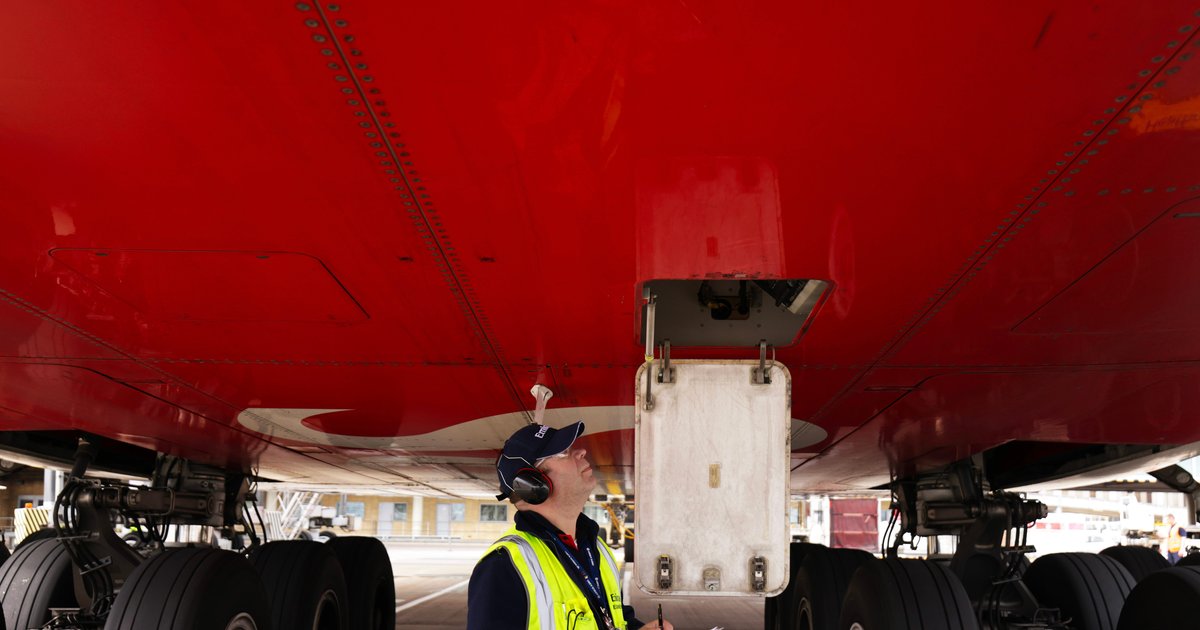
The U.S. Treasury Department Friday released details of an initiative to lower emissions produced by aviation fuel by encouraging American innovation in the sector.
The Sustainable Aviation Fuel credits are being administered through the Treasury, with consultation from the Environmental Protection Agency, Department of Transportation, Department of Agriculture and Department of Energy.
“Incentives in the Inflation Reduction are helping to scale production of low-carbon fuels and cut emissions from the aviation sector, one of the most difficult-to-transition sectors of our economy,” Treasury Secretary Janet Yellen said in a statement.
Yellen also pledged the credits will create jobs in the aviation fuel industry to “help the U.S. clear hurdles in our clean energy transition.”
The United States has a goal of reaching net-zero carbon emissions by 2050.
The newly issued guidelines lend clarity to the eligibility process for the SAF Credit. The Biden administration has a goal of helping to develop a greener aviation fuel in the United States that would cut carbon emissions by at least 50% compared to conventional petroleum-based jet fuel.
Such a fuel would be eligible for a tax credit of between $1.25 and $1.75 per gallon.
The Sustainable Aviation Fuel credits are being administered through the Treasury, with consultation from the Environmental Protection Agency, Department of Transportation, Department of Agriculture and Department of Energy.
“Incentives in the Inflation Reduction are helping to scale production of low-carbon fuels and cut emissions from the aviation sector, one of the most difficult-to-transition sectors of our economy,” Treasury Secretary Janet Yellen said in a statement.
Yellen also pledged the credits will create jobs in the aviation fuel industry to “help the U.S. clear hurdles in our clean energy transition.”
The United States has a goal of reaching net-zero carbon emissions by 2050.
The newly issued guidelines lend clarity to the eligibility process for the SAF Credit. The Biden administration has a goal of helping to develop a greener aviation fuel in the United States that would cut carbon emissions by at least 50% compared to conventional petroleum-based jet fuel.
Such a fuel would be eligible for a tax credit of between $1.25 and $1.75 per gallon.












